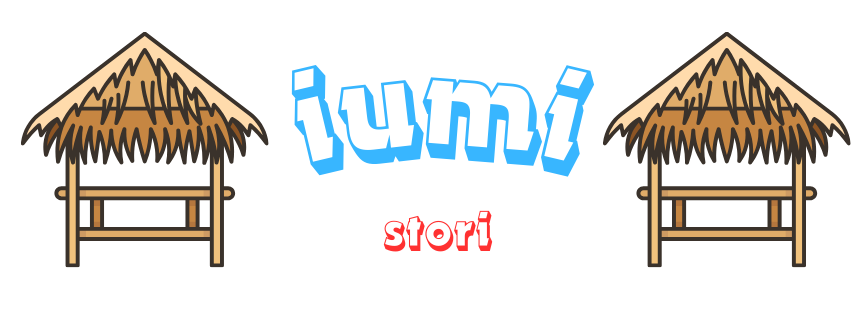Captions: From Right to Left: ADRA Country Director, Leyn Elizer Gantare, National Coordinator of the Non-Communicable Diseases (NCDs) Ms. Nevalyn Laesango. PC: ADRA Media
The Adventist Development and Relief Agency (ADRA) has met with the National Coordinator of the Non-Communicable Diseases (NCDs) in the Ministry of Health and Medical Services (MHMS), Ms. Nevalyn Laesango, to introduce a new NCD project.
The meeting took place on Tuesday, April 8, at the Kukum National Diabetes Clinic in Honiara with Ms. Nevalyn Laesango as National Coordinator of the Non-Communicable Diseases (NCDs) in the Ministry of Health and Medical Services (MHMS).
Attending the meeting were Mr. Gabriel Sembrano, International Partnership Programme Manager from ADRA Australia, Mr. Leyn Gantare, ADRA Solomon Islands Country Director, and Denver Newter as ADRA Solomon Islands’ Communication and MEAL Officer.
The main purpose of the meeting was to build relationships and gather key NCD-related information in preparation for the official launching of the new project titled “Bridge to Better Health” (B2BH).
Mr. Sebriano shared details about the project, explaining ADRA’s vision for its implementation in the Solomon Islands.
“This NCD project is all about lifestyle. It aims to address lifestyle-related diseases, which are some of the biggest health issues across the Pacific, including here in the Solomon Islands,” Mr. Sembrano said.
He explained that the same project is currently being implemented in Fiji, and ADRA Australia plans to bring a similar model to the Solomon Islands through a partnership with ADRA Solomon Islands later this year.
“The focus of this project will be on lifestyle diseases, particularly diabetes. ADRA will not be involved in direct medical intervention but will target people at risk and those already living with diabetes’’
‘’We’ll aim to provide technical guidance and support to help people make positive lifestyle changes, including diet and overall health,” he said.
Mr. Sembrano further explained that the approach will be like the successful model used by ADRA Australia currently implemented in Fiji.
“We’ve seen many success stories from Fiji, and we believe this project has great potential here in Solomon Island as well’’
‘’ Diabetes is like a tidal wave across the Pacific, and it’s a leading cause of death in the Solomon Islands and we’ll pilot out this NCD project here,” he added.
ADRA Australia is also looking to expand the project to Papua New Guinea, Vanuatu, and Samoa, but chose to begin in the Solomon Islands due to the strong partnership already established with ADRA Solomon Islands.

Preparations are already underway, and ADRA Australia and ADRA Solomon Islands are currently working on finalizing project details. An initial health assessment will soon be carried out to collect gather data on the current NCD situation in the country.
“This assessment will guide the planning process. It will help us determine where we will operate, who the key stakeholders are, what the budget will look like, and who should be involved in the project design’’
‘’The initiative is in place to get clear picture as the co-design for the portfolio is n phase will start in May, and the initiative full project is expected to launch in July 2025,” Mr. Sembrano said.
Meanwhile, Ms. Nevalyn Laesango expressed her appreciation and welcomed this initiative which fall in line as one of government priorities the project and expressed her support for ADRA’s initiative.
“I am happy with this proposed NCD project and would like to thank ADRA for introducing it in the Solomon Islands’’
‘’ I also appreciate the inclusion of the Sanitarium approach. This is something new for us, and it’s important because diet is one of our biggest challenges in Solomon Islands,” she said.
“Once this project begins, it will be a positive step forward in promoting healthy lifestyles. It’s encouraging to see a focus on both risk factors and disease management’’
‘’ Thank you, ADRA, for sharing your plans—we are looking forward to working closely with you on this important initiative,” she concluded. added.
ADRA are the global humanitarian arm of the Seventh-day Adventist Church—part of the 21.9-million strong Adventist community, with hundreds of thousands of churches globally and the world’s largest integrated healthcare and education network. ADRA deliver relief and development assistance to individuals in more than 120 countries—regardless of their ethnicity, political affiliation, gender, or religious association. By partnering with local communities, organizations, and governments, we can deliver culturally relevant programs and build local capability for sustainable change.
End///



